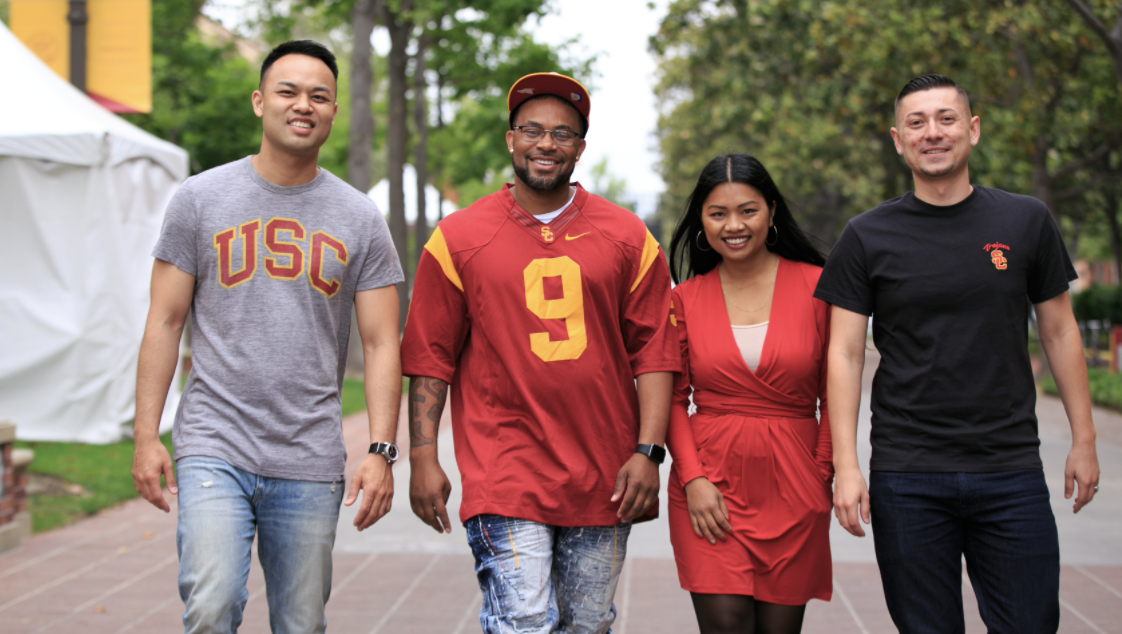Last week, I participated in a meeting with a group of our faculty and administrators as we were discussing future directions of undergraduate education. As the conversation moved forward, I was reminded yet again just how important different perspectives are in reaching a good solution. My colleagues offer their unique expertise and lived experiences – breadth of faiths, socio-economic backgrounds, ethnic affiliations, political points of view–which all give rise to thoughtful, nuanced discussions that lead to solutions. This result could not be possible without this richness of perspectives. Therefore, I encourage all members of our community to actively explore, examine and support inclusive excellence at USC.
Our university is committed to inclusive excellence and learning environments where everyone can thrive. We affirm that inclusivity and academic excellence are mutually supportive and fundamentally important to sustaining our core values and continued success as a leading research university.
Our mission is to educate, create new knowledge and deliver superb healthcare. Those we teach and care for are drawn from all backgrounds. The research we do is focused on improving the lives of all. The truths we seek need to be truths for everyone. Finding that truth necessitates that we recognize the differences in backgrounds of our community. Our educational methods are best when students’ cultural differences are understood, embraced and celebrated in order to provide the highest level of academic excellence: one that welcomes different points of view and myriad experiences.
Creativity – the nonlinear leap to original ideas and discoveries – draws on our capacity to connect experiences with data and previous understanding with new experiences. In facing complex issues, no single individual has the necessary understanding to create optimal outcomes. Teams with breadth of experience and expertise create these solutions.
My observations lead me to prize heterogeneity of backgrounds in teaching and learning practices. This leads me to highly value an environment where students and faculty alike can fully engage, grow and flourish. Recent conversations at USC and at other universities concerning inclusive teaching and learning practices have called attention to the need for dialogue and shared understanding of how the different backgrounds of students are taken into account in academic settings. As such, I have asked Christopher Manning, Chief Inclusion and Diversity Officer and members from the Culture, Ethics and Compliance and Academic Senate to explore these topics with USC students, faculty, and administrative leadership with a view to supporting this key principle.
Our inclusion and diversity experts and university administrative leadership have begun with small working sessions charged with identifying core issues and creating a processes. The current task at hand is to seek broader input during the spring to move toward the development of guiding principles and support for the development of pedagogical approaches and methods.
Our collective focus on excellence and open communication will serve us well through this process. Thank you for your commitment to our mission and to the Trojan community. Let us, as always, seek to fight on together!
–Charles F. Zukoski, February 11, 2021
